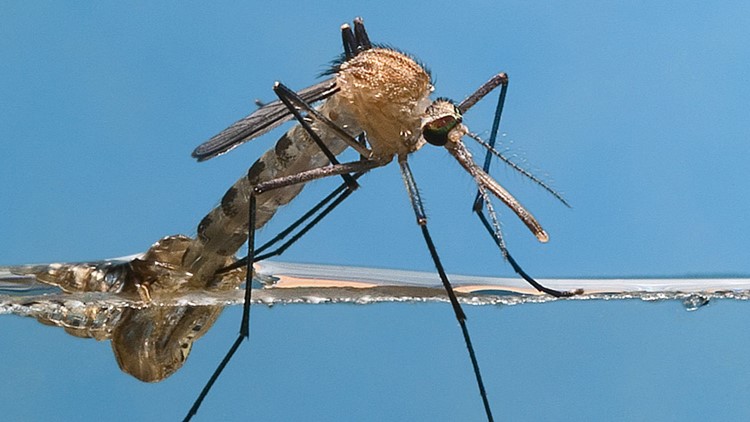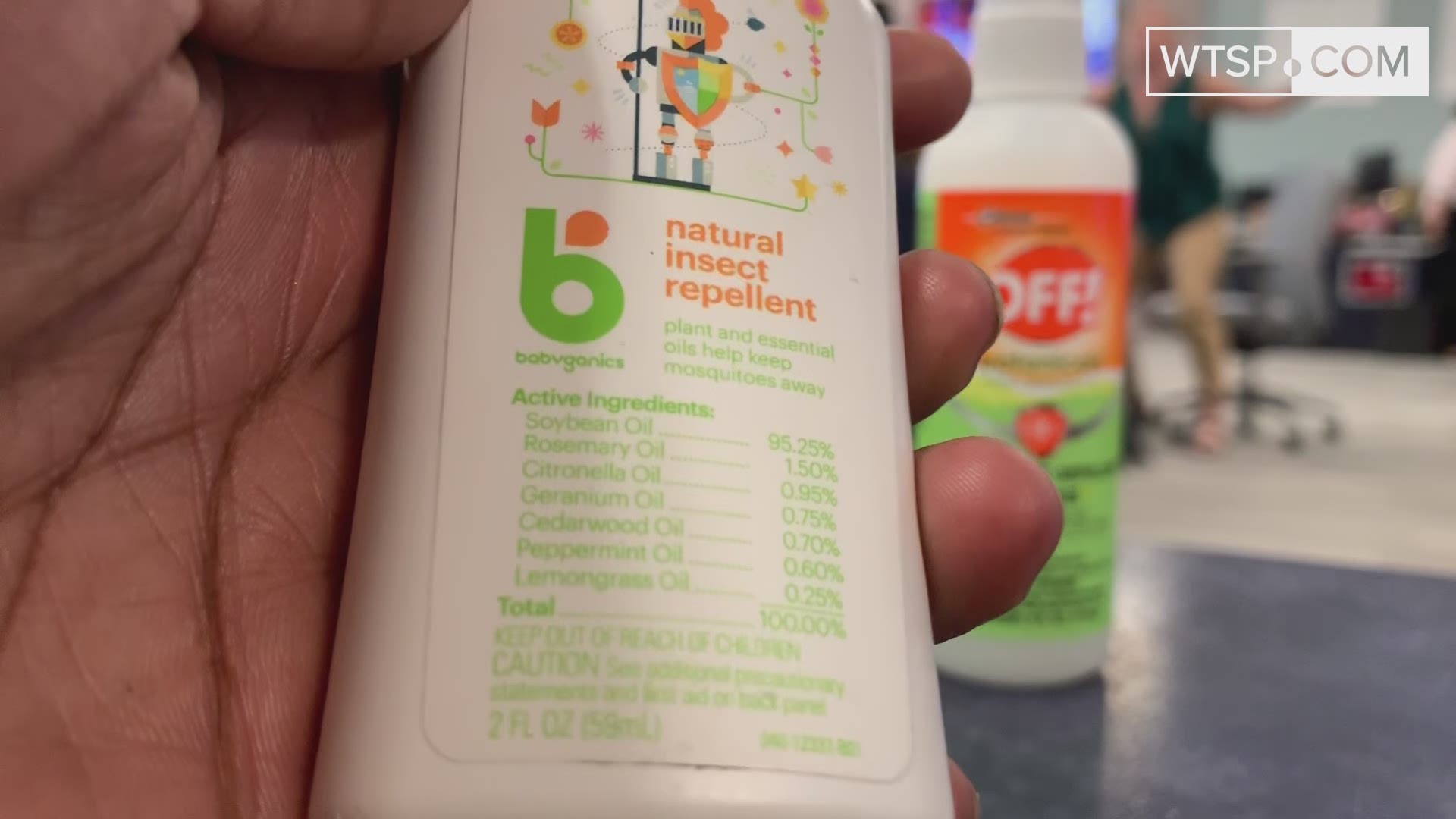VERO BEACH, Fla. — On Aug. 11, the Florida Department of Health reported 31 confirmed cases of West Nile virus in Miami-Dade County and 1 confirmed case in Palm Beach County. Twenty-four of the confirmed cases were asymptomatic and eight were symptomatic.
University of Florida researchers are now trying to determine what insecticides will work best to control the mosquitos that spread the West Nile virus.
Eva Buckner, an assistant professor and medical entomology state extension specialist at UF/IFAS Florida Medical Entomology Lab, is monitoring the outbreak and working closely with the Centers for Disease Control and Prevention, Miami-Dade Mosquito Control, and FDOH.


The CDC found numerous people testing positive for West Nile virus containing one species, “the southern house mosquito, Culex quinquefasciatus,” Buckner said, noting that the virus is mostly transmitted between birds and mosquitos.
“A lot of it is being found out through asymptomatic blood donors,” Buckner explained in a Zoom interview. “That's how we've been finding out about the majority of the people who have tested positive for West Nile virus.”
West Nile virus is the leading cause of mosquito-borne disease in the continental United States. It is mostly spread to people by the bite of an infected mosquito. Cases of West Nile occur during mosquito season, which starts in the summer and continues through fall.
“This suggests that the southern house mosquito is most likely the mosquito species responsible for transmitting West Nile virus to humans in the current Miami-Dade outbreak,” Buckner said. “Southern house adult mosquitoes are frequently found to be resistant to insecticides, and resistance in Miami-Dade populations could be affecting the ability of Miami-Dade Mosquito Control to curtail the current virus outbreak.”
In addition to West Nile, Buckner said there's also a Dengue fever outbreak in Monroe County throughout the Key Largo area. “There's been approximately 45 cases of dengue fever documented, starting in about, April through about right now.”
As of Aug. 5, the CDC reported 46 cases of Dengue fever in the state of Florida and 154 cases throughout the United States.
Between July 27 and August 3, Buckner’s lab received egg samples of the southern house mosquito causing the West Nile virus from multiple locations in Miami-Dade County collected by Miami-Dade Mosquito Control. Buckner is now tasked with figuring out which insecticides will kill the highest percentage of southern house mosquitoes.
“This information could potentially help reduce the number of virus human infections in Miami-Dade County before neighboring counties are impacted further,” Buckner said.
How to protect yourself from mosquitos
Mosquitos that transmit the West Nile virus are usually active at dawn and at dusk. Buckner said the best way to protect yourself from mosquito bites is by wearing long sleeves for long pants.
For added protection, Buckner recommends applying an EPA registered repellant. Some of those are oil, lemon, Eucalyptus DEET Arden, or an IR 3535.
And because Florida is currently in the rainy season, Buckner said it’s imperative for people to keep their home free of standing water. “Walk around the outside of your house, at least once a week or even twice a week, and dump any container that collects water.”
Symptoms of West Nile virus
Buckner explained that 80 percent of West Nile cases are asymptomatic. Those who do show signs contracting the virus describe having flu-like symptoms. “Sometimes the symptoms can progress, and people can end up with having more severe symptoms,” she said.
Some of those severe symptoms are related to encephalitis swelling of the brain. “It can actually lead to severe neurological effects and life-threatening symptoms,” she said noting that less than 1 percent of people experience severe symptoms. “For those who survive, it could be life-altering.”
- Here's where Kamala Harris stands on some key Florida issues
- First-year teacher says she's ready to face the challenges teaching during the pandemic throws at her
- AMC to start reopening theaters next week
- Florida residents can score Disney World tickets for just $49 a day
- Lawyer: Carole Baskin served with lawsuit in death, disappearance of Don Lewis, whose cold case resurfaced after 'Tiger King'
- Left-Handers Day is Aug. 13! Here are some fun facts about lefties
- Tropical Depression Eleven could become Tropical Storm Josephine today
FREE 10 TAMPA BAY APP:
►Stay In the Know! Sign up now for the Brightside Blend Newsletter






